A quick introduction to food ethics
Élise Desaulniers
@edesaulniers

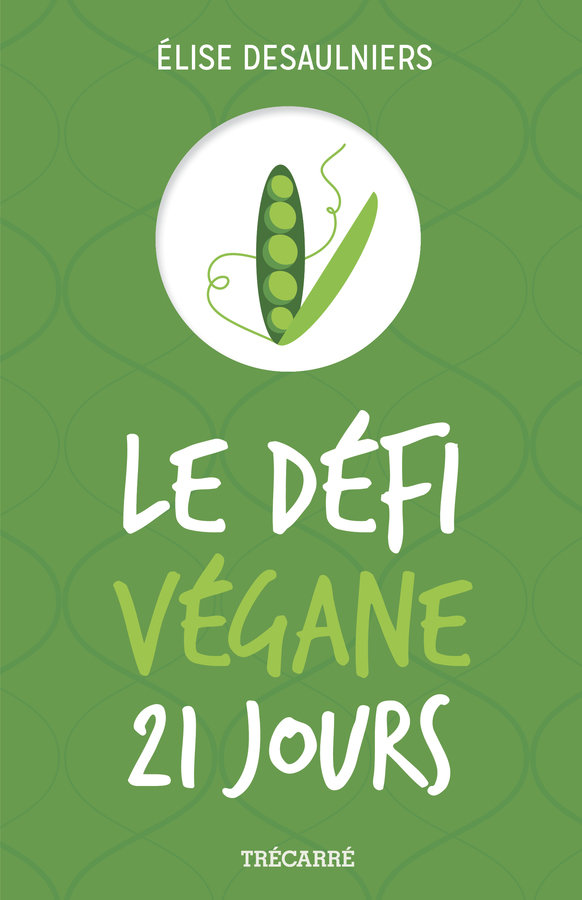
FOOD CHOICES
Are ETHICAL CHOICES
DOING MORE WITH LESS
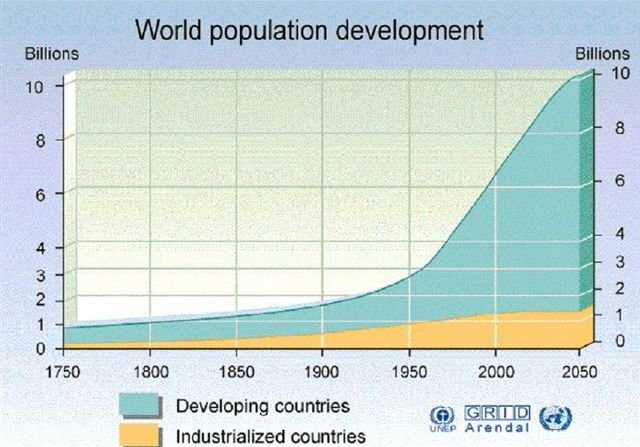

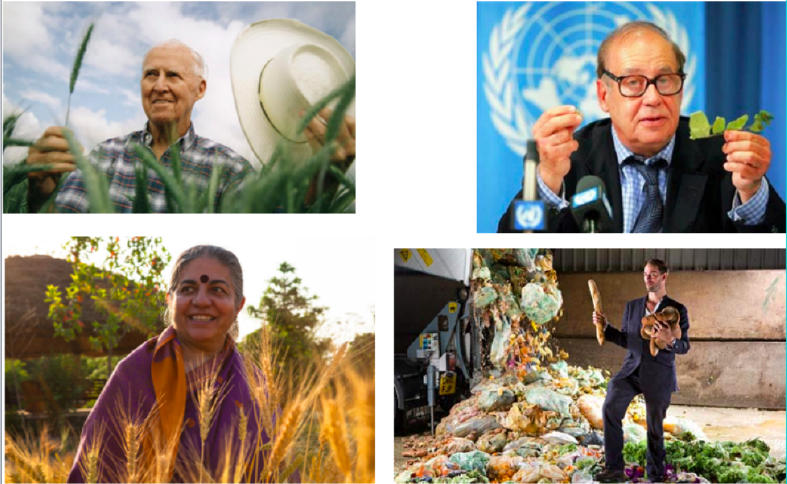
Norman Borlaug
Vandana Shiva
Tristram Stuart
Jean Ziegler
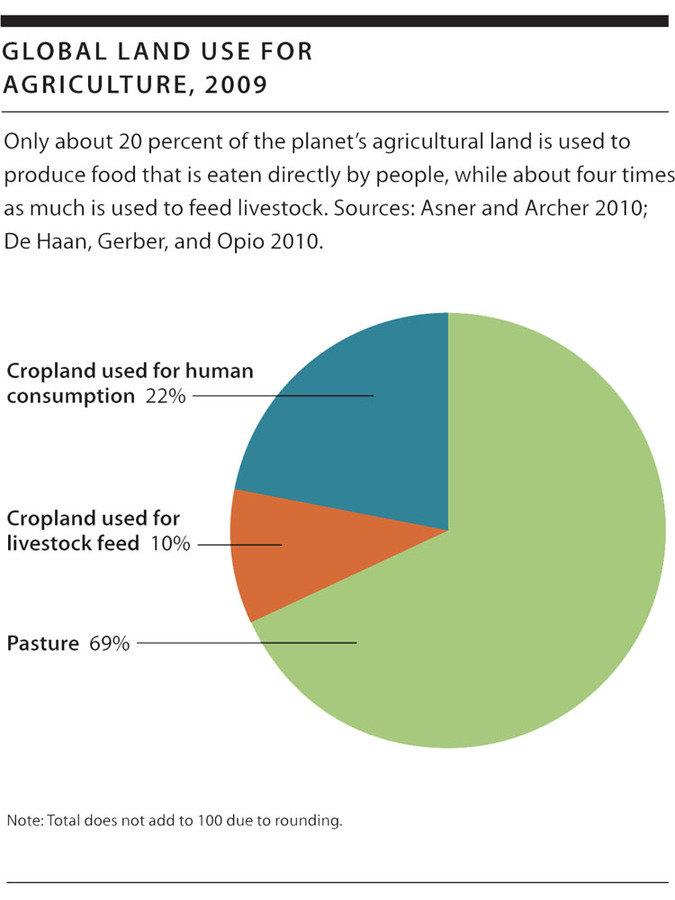
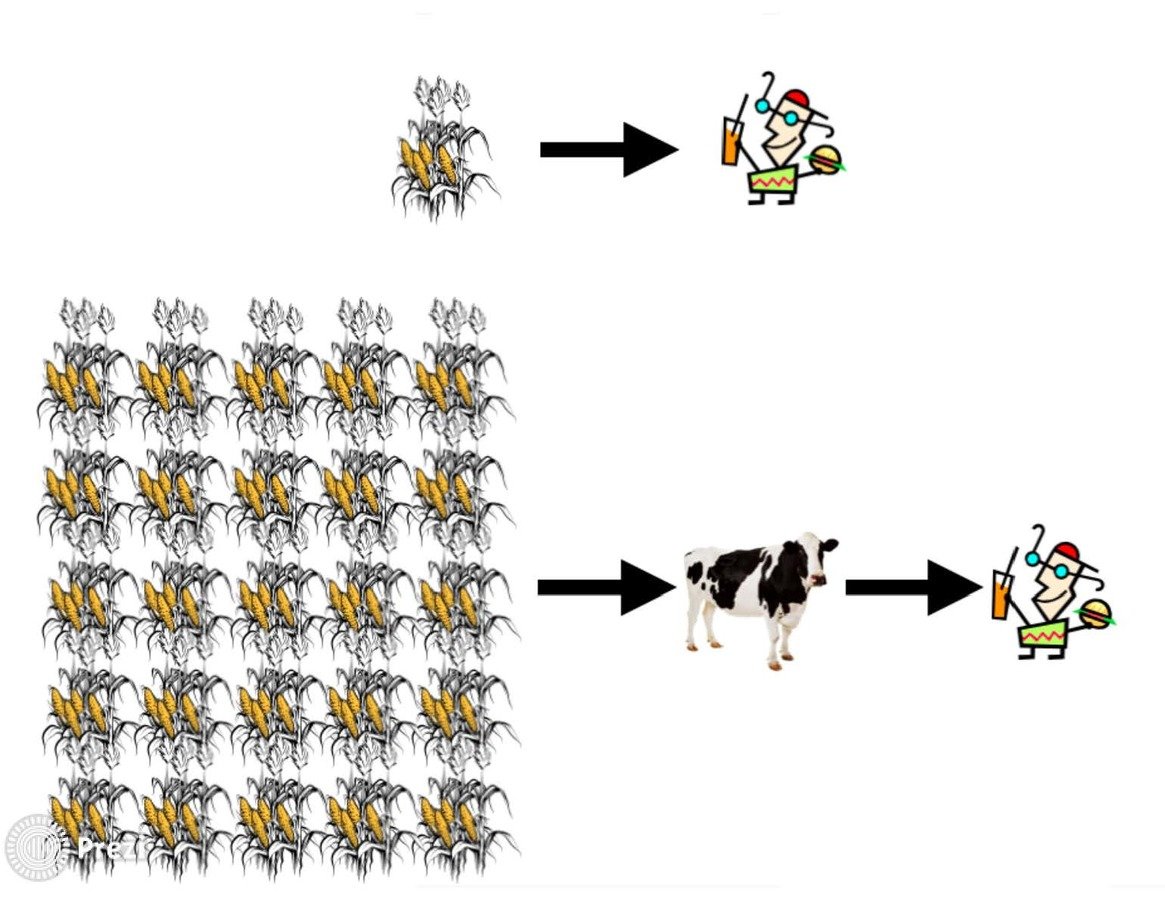

1 liter
of soy milk
contains
290 l of water
1 liter
of cow's milk
contains
1050 l of water
the United Nations Food and Agriculture Organization (FAO) has estimated that livestock production is responsible for 18% of greenhouse gases.

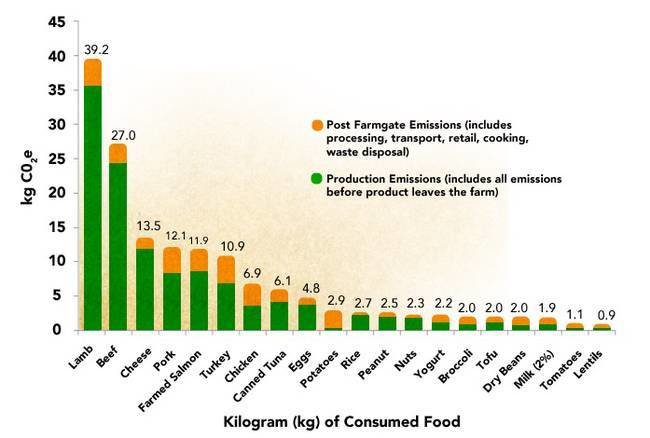
1. + more veggies
2. − animal proteins
3. − waste
what about local food ?
Yes to fruits and veggies!
But it's better to be vegan one day a week
than to eat local all the time.
if you're against gmoS,
YOU'RE AGAINST LIVESTOCK FARMING
90% of GM soybeans, 80% of GM corn, and 57% of GM canola are grown to feed animals .
FISH IS NOT A SOLUTION
ORGANIC ANIMAL FARMING :
An ineffective solution
- As ineffective as factory farming
- Grass-fed cattle emit more methane than grain-fed
- Each animal requires 2 to 20 acres of pasture. If all US cattle were bred in freedom, they would use half the country.
Esther The Wonder Pig
what about human health?
Many studies have shown that vegetarians seem to have a lower risk of obesity, coronary heart disease (which causes heart attack), high blood pressure, diabetes mellitus and some forms of cancer.
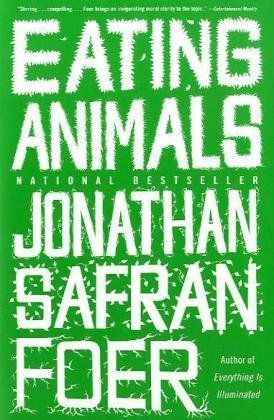
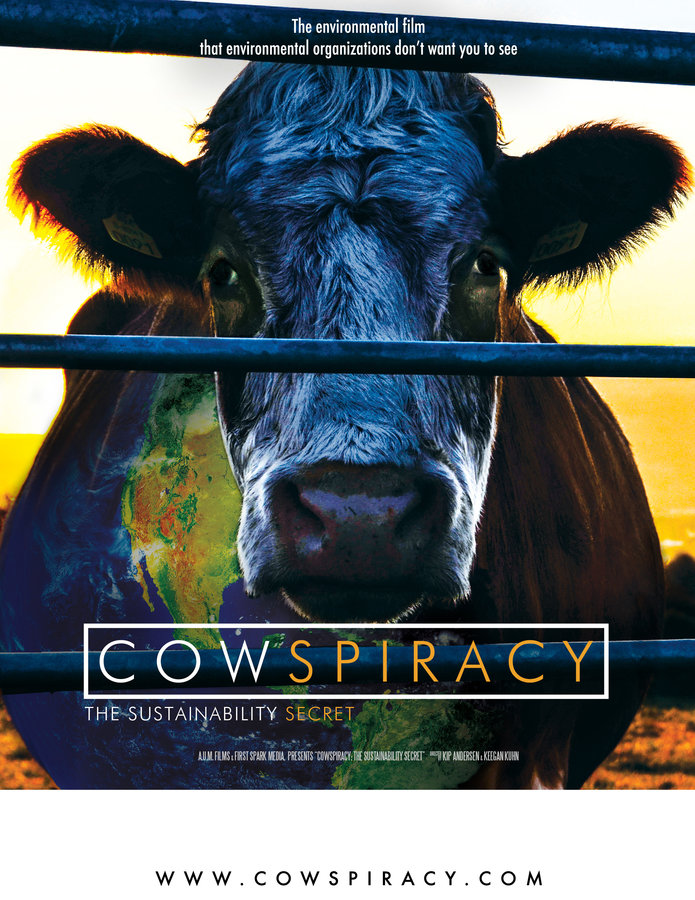
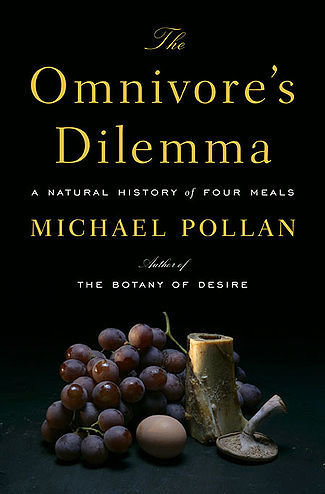
is this a feminist issue?
Ecofeminists agree that the domination of women and the domination of nature are fundamentally connected and that environmental efforts are therefore integral with work to overcome the oppression of women.
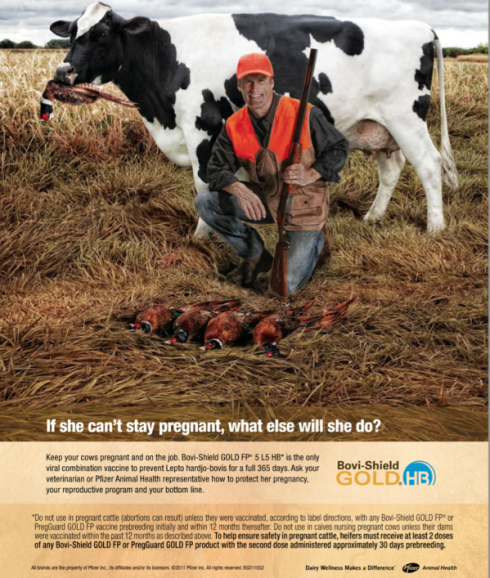
If you think about it...
A
- White
- Culture
- Rationality
- Wealth
- Cisgender
- Able
- Heterosexuality
- Men
- Humans
NON-A
- Non-white
- Nature
- Emotions
- Poverty
- Transgender
- Disabled
- Homosexuality
- Women
- Animals
Mechanisms enabling the oppression of minorities also enable the oppression
of non-human animals
All forms of oppression must be fought together

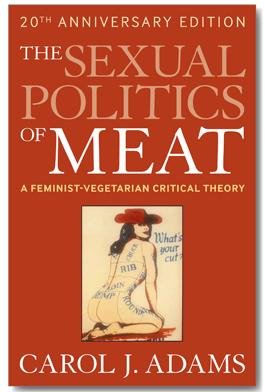

Carol J. Adams, 1990 & 2004
Objectification permits an oppressor to view another being as an object. The oppressor then violates this being by object-like treatment: e.g., the rape of women that denies women freedom to say no, or the butchering of animals that converts animals from living breathing beings into dead objects. This process allows fragmentation, or brutal dismemberment, and finally consumption.
Carol J. Adams, The Sexual Politics of Meat, p. 73
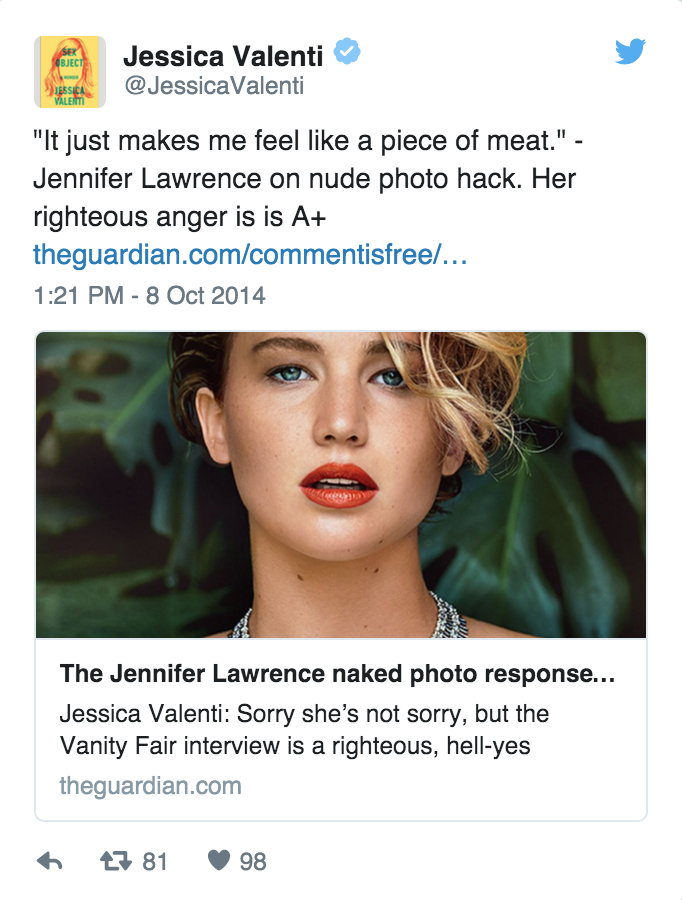

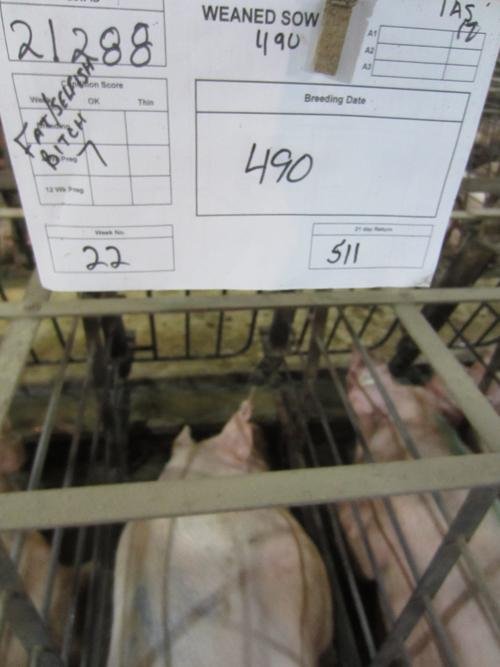

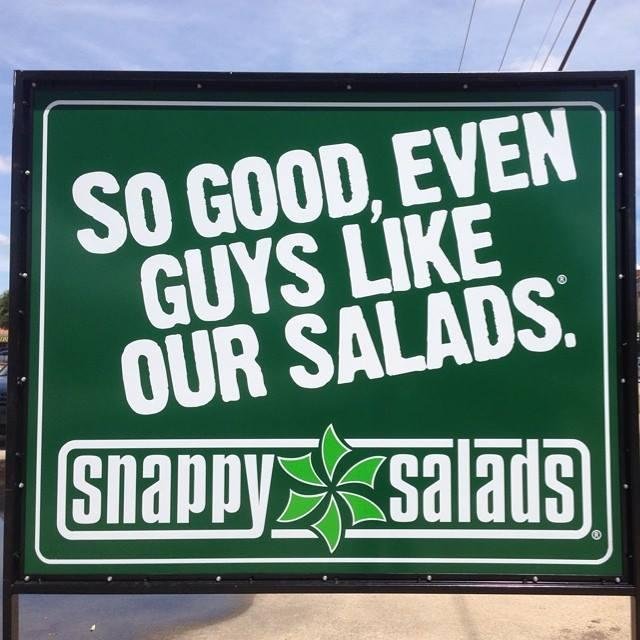
“I usually don’t mention that I’m vegan but that has evolved. I think it’s the right moment to talk about it because it is part of a revolutionary perspective – how can we not only discover more compassionate relations with human beings but how can we develop compassionate relations with the other creatures with whom we share this planet and that would mean challenging the whole capitalist industrial form of food production.”
- Angela Davis

A quick introduction to Food Ethics
By Elise Desaulniers
A quick introduction to Food Ethics
Vanier edit
- 2,053



